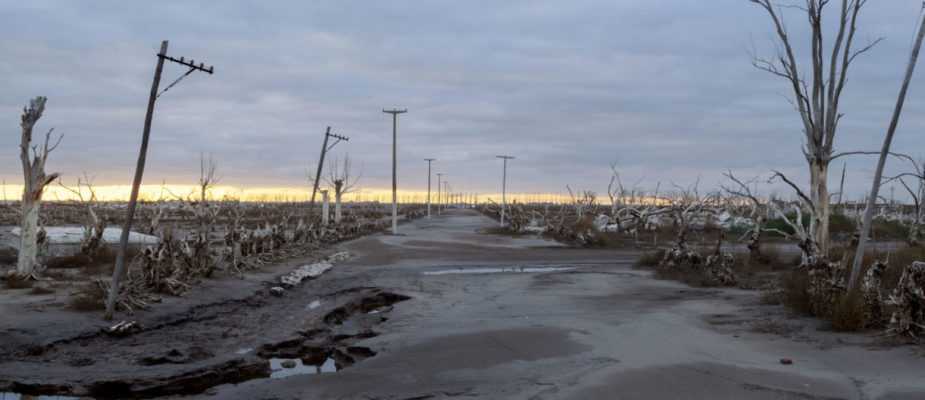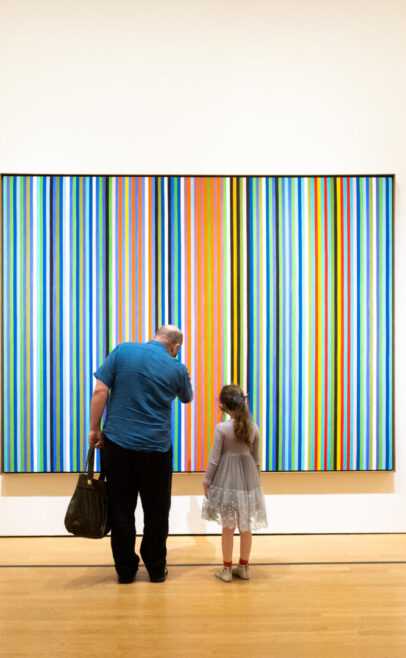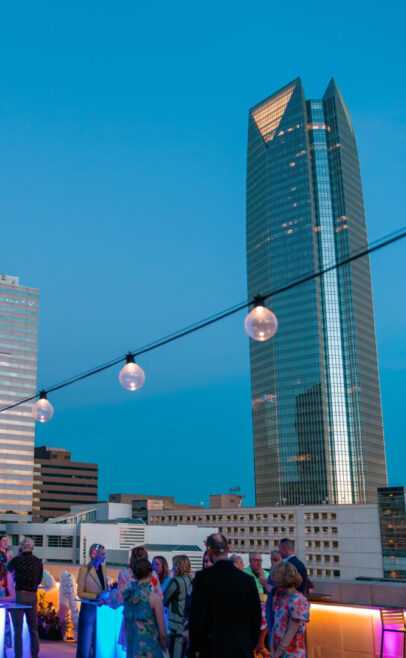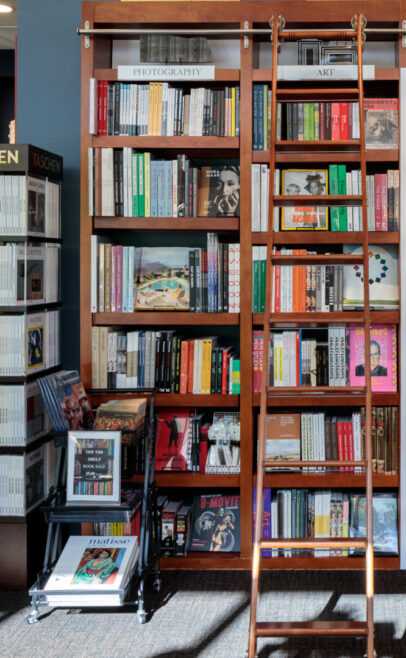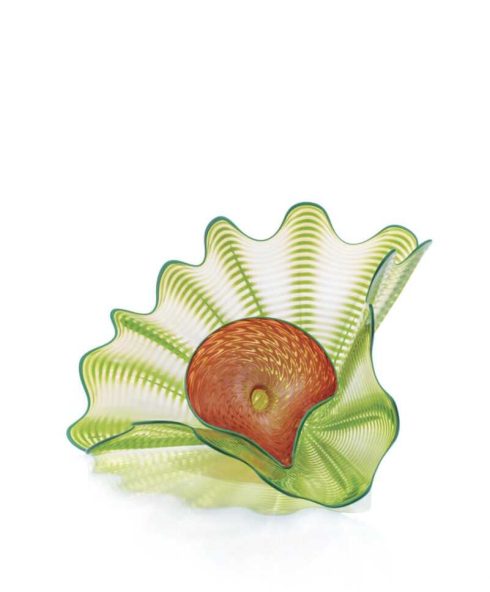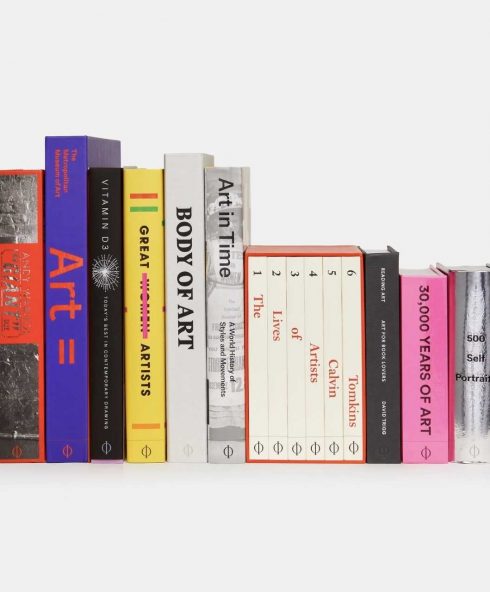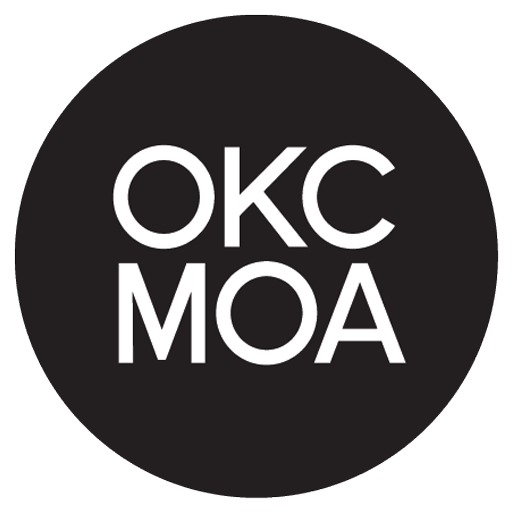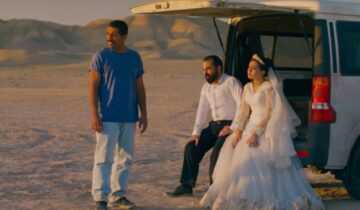As Museum Films begins its October-November 2016 program with three new non-fiction features this Thursday, it is the most experimental of the group, Nikolaus Geyrhalter’s Homo Sapiens (2016), whose cause—cinematically—I am most eager to champion. Born in Vienna in 1972, Geyrhalter attained his greatest international notoriety to date for Our Daily Bread, a 2005 documentary that explores uses of technology and unskilled human labor in massive-scale agricultural operations. Over the course of its ninety minutes, Geyrhalter eschews all forms of explicit narration—voiceover, on-camera interviews, titles, etc.—allowing instead his outsized environs and grizzly factory floors to make his rhetorical case. Our Daily Bread serves to uncover and expose, bringing to light everything we don’t see in the production of supermarket staples, from the mind-numbing to the stomach-turning.
Homo Sapiens, the Austrian director’s latest, shares much with Geyrhalter’s previous feature, beginning with its like avoidance of more conventional documentary devices, including, once again, the voiceover and the expert/participant interview. In the case of Homo Sapiens, however, there is a much more meaningful absence, one that structures the film over the course of its own ninety-four-minute duration, while organically reinforcing the film’s storytelling choices: in each of the film’s static camera set-ups, the eponymous human being is conspicuous in his or her absence. That is, no person appears on-screen, nor (with, to my recollection, the single exception of audible, off-screen footsteps during one, lone take) can they be heard off-camera. It is a film essentially devoid of living human presence in the frame and on the sound track, despite the fact that each one of its motionless takes is filmed within the world in which we currently live. At the same time, it is a film that is equally rich with humanity in another very real sense: while we neither see nor hear people in the space of the rectangular frame, their former presence, in each and every case, is the subject of the take. Homo Sapiens, in other words, is a film about the trace of former human presence and existence, of built environs, institutions, and so on, which recently have been destroyed, devastated, or have otherwise fallen into despair. Homo Sapiens confronts the spectator, in take after take, with the first stages of the ruin of modern industrial civilization. Geyrhalter remains ever the director of the dark underbelly of industrial civilization.
If Our Daily Bread graphically introduced its spectator to the immediate experience of death—to livestock gutted and excruciatingly left for death in the abattoir—Homo Sapiens suggests a time after, a post-human moment wrought by environmental destruction, economic collapse, or some other form of neglect. As a viewer, the film’s contemplative sequence of long-takes allows she or he time and opportunity to consider how these spaces came to be in the state they are in, while also imagining the physical state of our planet in a much more distant time—again in a post-human epoch. What, we might ask, or at least I was asking, will come of the physical remnants of our civilization long after we’re gone (compared to those that preceded us(? The point is that Homo Sapiens is built for contemplation, for the viewer to see the ruins of our modern world and to consider what they mean, certainly—but to also observe, audibly and visually, the nature that equally intrudes in every frame: the grass that grows over disused pavement, the ubiquitous sounds of wind, and the fauna that appears in the film’s depopulated places. As fragile as humankind appears in Homo Sapiens, nature, by contrast, demonstrates extraordinary resilience as it begins to swallow the markers of twentieth-century existence. Homo Sapiens may be post-human, but it is not post-life.
As much, indeed, as Homo Sapiens provides space for thought, it also compels us to experience and appreciate its strange beauty—the poetry of the ruin, familiar to German Romanticism—which is present in many, if not most of the film’s elegantly composed set-ups. In this respect, Homo Sapiens, at its core an art of the moving landscape, offers a very different experience from Our Daily Bread: where the latter confronts with ugliness, the director’s latest beguiles with its beauty. Homo Sapiens is also a much more international affair, circling the globe with stops in the former Soviet Union (where political change is catalyst), Japan (the 2004 Tsunami), and the United States, to name just a few of the film’s more prominent locations. As Geyrhalter moves from place to place, ruin to ruin, an associative structure begins to emerge, one that sees the film, to take just one example, cycle through a rail bridge, deserted highway, and automotive graveyard in quick succession as we encounter various forms of transportation. Homo Sapiens in this sense is a work of the catalogue, elucidating the many products of civilization that will someday disappear into history. Homo Sapiens is a major achievement and is, in its own quiet way, more powerful—for this writer at least—than the director’s wordlessly agitating breakthrough.
Homo Sapiens screens Thursday, October 6 at 7:30 pm at the Samuel Roberts Noble Theater. For ticket information click here.
